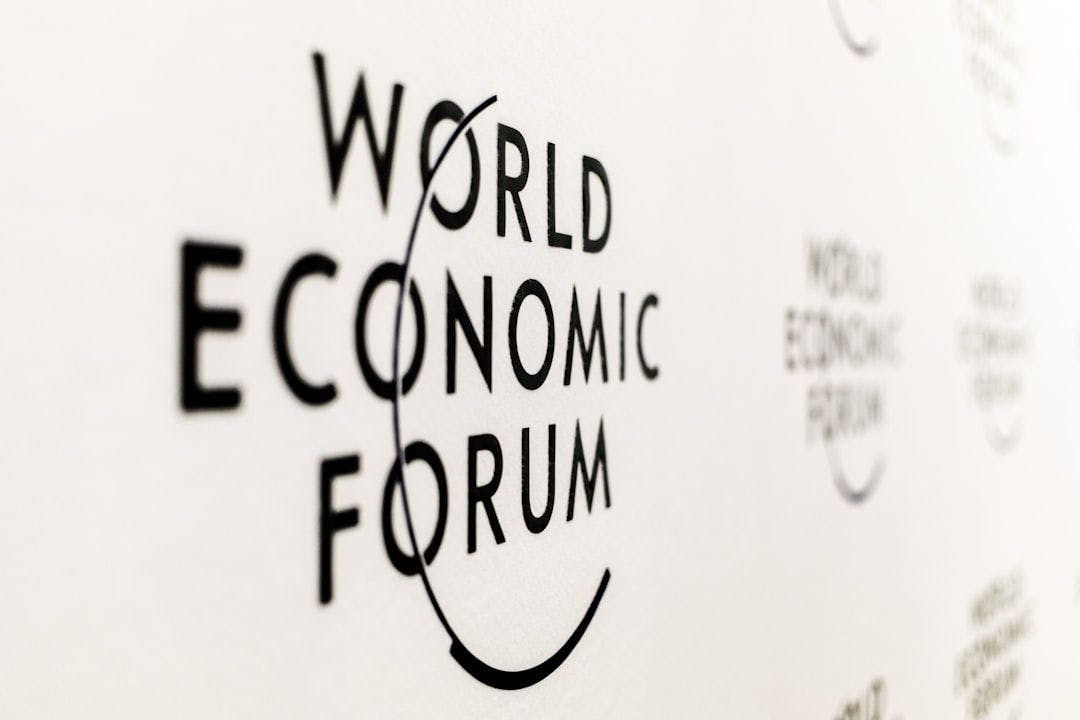Hackernoon
2w
25

Image Credit: Hackernoon
WEF Calls for Disinformation to Be Treated as Cybercrime
- The World Economic Forum (WEF) calls for the establishment of an International Cybercrime Coordination Authority (ICCA) to combat cybercrime, including online misinformation and disinformation.
- The ICCA aims to standardize cybercrime extradition laws, enforce penalties on uncooperative nations, and address cyber threats more effectively than existing intelligence-sharing networks.
- WEF emphasizes the need to redefine cybercrime to include various offenses like attacks on critical infrastructure, financial fraud, and spreading disinformation.
- The WEF and UN consider disinformation a threat to democratic governments and advocate for increased regulation of online speech to combat misinformation.
- Global efforts, such as the Global Initiative for Information Integrity on Climate Change, are launched to counter disinformation campaigns that impact sustainable development goals.
- The UN's policies aim to combat misinformation and hate speech on digital platforms, urging all stakeholders to refrain from disseminating disinformation and promote fact-checking capabilities.
- The WEF's push for a global cybercrime authority raises concerns about potential censorship of dissenting voices and the criminalization of online behaviors that contradict established narratives.
- Critics argue that labeling online content as 'misinformation' could lead to the suppression of free speech and dissent on digital platforms, raising questions about the implications of broad definitions of cybercrime.
- The evolving landscape of cybersecurity and the increasing focus on combating disinformation highlight a shift towards protecting information integrity and countering online narratives that challenge established agendas.
- The intersection of global governance, cybersecurity, and information integrity underscores the ongoing debate over the regulation of online content and the implications for individual rights and freedom of expression.
- As organizations and governments intensify efforts to combat cyber threats, the blurred lines between misinformation, hate speech, and legitimate discourse raise concerns about the potential erosion of civil liberties and the manipulation of online narratives.
Read Full Article
1 Like
For uninterrupted reading, download the app